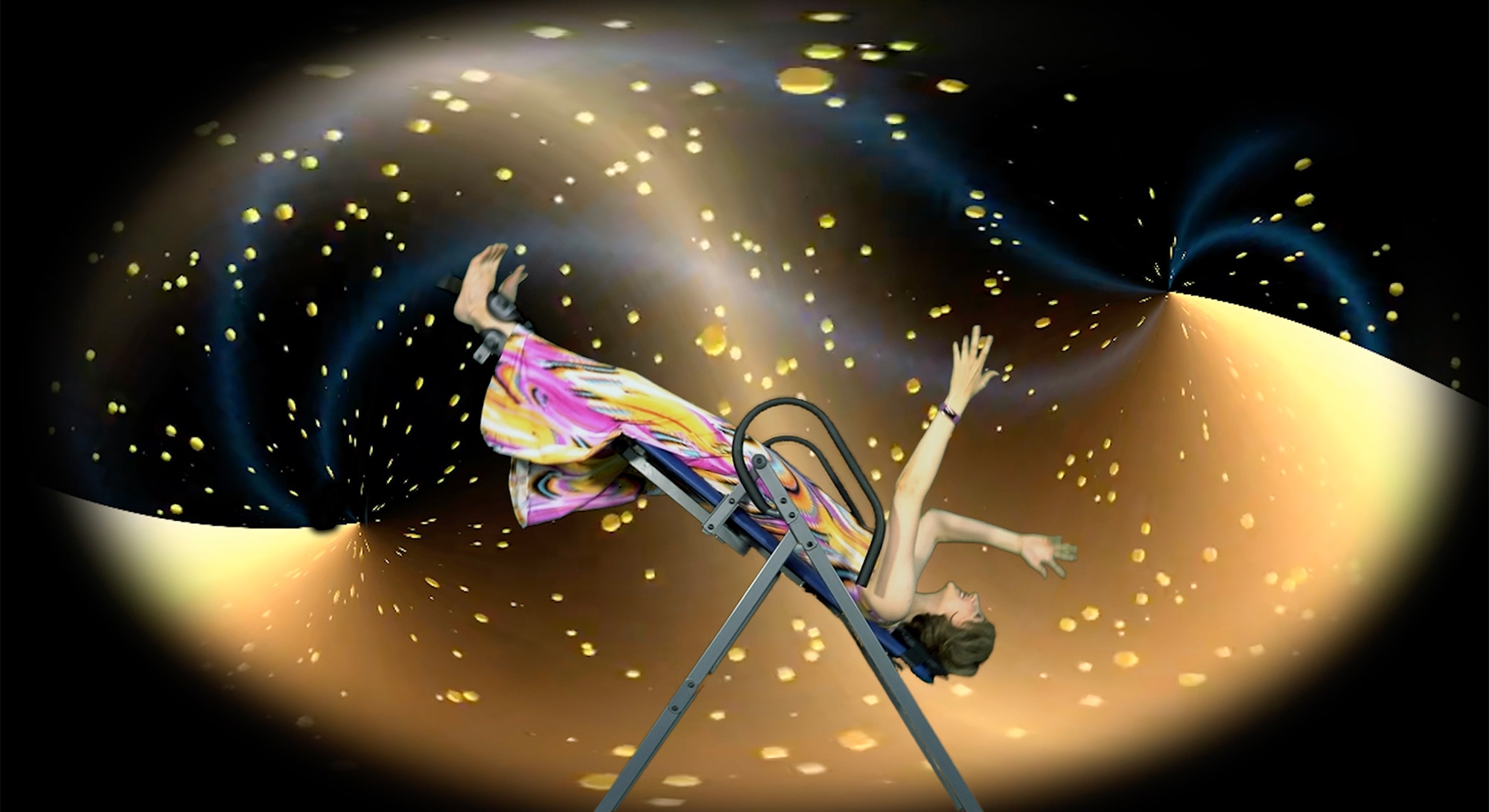
Greed Plus Corruption Equals Hilarity
How relevant is Nikolai Gogol’s 1836 farce “The Government Inspector,” which the Department of Theater and Dance will stage beginning Nov. 16? Director Michael Bernard offers a two-part answer, starting with the most obvious parallel.
“Gogol was Ukrainian, and he was criticizing the Russian government — which you really weren’t allowed to do,” he noted. “For some reason, the Tsar loved the play and wanted to see it done. He thought it was making fun of all of the people under him — which it was.”
But there are also resonances that hit closer to home. In America today, there is a large contingent of leaders who pretend to love a certain figure because “doing so will keep them in power and line their pockets,” Bernard said, noting, “That’s the exact kind of person this play skewers … while keeping you laughing.”
Bernard considered setting it in the modern day, but decided that would make it too obvious. “Nobody likes getting hit over the head with a message,” he said. “Setting it in the original time actually magnifies its relevance today.”
Regularly ranked among the greatest comedies of all time — and the darkest — “The Government Inspector” is set in a small provincial village in which the local officials, starting with the mayor, are hopelessly corrupt. Word that an official from Moscow is arriving incognito to investigate creates widespread anxiety, which culminates when a newly arrived stranger is wrongly identified as the inspector.
In true farcical fashion, the man is wined, dined and bribed, much to his surprise and delight. The only problem? He has no connection to the government.
Bernard, who spent 10 years as associate artistic director of the 52nd Street Project in New York City, first saw the play at the American Repertory Theater in Boston when he was in high school. “I remember thinking some of it was funny, while in other parts I was thinking, ‘Everyone thinks this is funny, but I don’t understand why,’” he recalled.
Today, he gets it.
“What we’ve learned in rehearsals is the only way to make it really funny is to play it truthfully,” he said. “The actors have to do their homework. They can’t just come out on stage and be wacky. As in any other play, they have to have a good idea of who the character is and what he or she wants. You take that, and you then make the urgency huge.”
Bernard is using a modern version of the play by Jeffrey Hatcher, which he notes is an adaptation rather than a strict translation. “He definitely takes liberties,” he said. “There are some things that don’t translate well when you’re being literal” — especially from one language to another, and one century to another.
“As I was reading it, I thought, ‘This feels like a Marx Brothers movie,’” Bernard said. “So there’s a lot of great physical comedy, a lot of slapstick, a lot of people falling down. I encourage the cast to come up with stuff. If it works, we keep it! There are a lot of bits the actors threw in, along with a couple of ad-libs we’re keeping.”
Set designer Stephanie Kerley Schwartz has worked with many prominent Los Angeles-area theater companies including The Pasadena Playhouse and A Noise Within; she also designed the set for the recent Launch Pad production “The Medusa Thread.” She has similarly found herself caught up in the zaniness of the work.
“There’s literally a joke on every page of this script, so I kept asking myself three questions: What’s the joke here? What’s the technical problem the joke presents? How do we solve it?” she said.
“I describe the town as being held together with spit and bribes. Everything’s a little askew, a little bit off. All of the little village houses are crooked, which is very true to my research. Windows won’t close; doors are angled. It’s all a little off-kilter.”
Like any farce, “The Government Inspector” needs doors for quick exits and entrances. Schwartz’s design of the mayor’s garishly furnished home, which dominates the final act of the play, is loaded with them. “There are three doors in and out, as well as another hiding place,” she said. “So there are four places where people are coming and going. It’s kind of like a clown car.”
And like most memorable clowns, Gogol’s characters are both amusing and disturbing. “The play is so well-written and funny, but it’s not light — it’s rich and deep,” she said. “It calls us out on our foibles.”
It’s that combination that makes it timeless, according to Bernard.
“As long as avarice and greed are more important to some people than kindness,” he said, “as long as people who are full of greed drape themselves in a cloak of kindness in order to further their own position — as long as those people are out there, this play is relevant.”
Performances of “The Government Inspector” are at 7:30 p.m. Nov. 16–19, and at 2 p.m. Nov. 19-20, at Hatlen Theater. General admission tickets are $17 in advance or $19 the day of the show. Tickets for seniors, students, faculty and staff are $13 in advance or $15 the day of the show. For more information, go to theaterdance.ucsb.edu or call (805) 893-2064.



